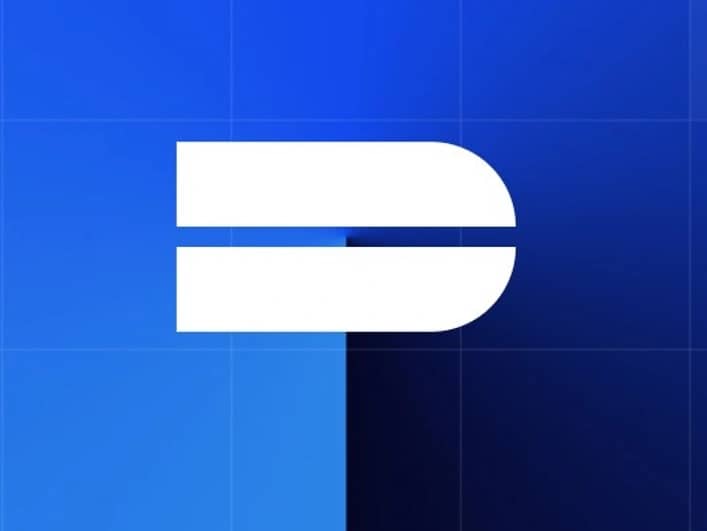Subscribe to wiki
Share wiki
Bookmark
DeepBook
We've just announced IQ AI.
DeepBook
DeepBook is a next-generation decentralized Central Limit Order Book (CLOB) built on Sui - a decentralized Layer 1 delegated Proof-of-Stake (dPoS) blockchain. DeepBook leverages Sui's parallel execution and low transaction fees to bring a highly performant, low-latency exchange on-chain. [1][2]
Overview
Launched in July 2023, DeepBook was adopted by DeFi protocols on Sui letting them tap into common liquidity pools and facilitating swaps across the network. Ongoing development delivered performance improvements to better support Sui's growing DeFi activity. [3]
Protocols such as Cetus, Aftermath, Kriya, FlowX, and Hop Aggregator include DeepBook among their liquidity sources, creating markets for DeFi users.
DeepBook, an open-source central limit order book (CLOB), is a liquidity source for any Sui DeFi protocol that wants to use it. Its open-source smart contracts let protocols integrate it efficiently while ensuring transparency. Functionally, DeepBook supports both market and limit orders, giving traders a range of options. [4]
"We were the first to provide limit orders natively in our web app via DeepBook," said Aditya Dwivedi, co-founder of Kriya.
"DeepBook integrated seamlessly as a liquidity source in our swap router as well, further reducing slippage for traders."[5]
Use Cases
Performance
As a native liquidity layer on Sui, DeepBook benefits from Sui's effective transaction processing and its scalability. Sui's consensus engine allows single-owner transactions to bypass traditional consensus, removing a huge hurdle to performance. Also, its architecture supports scaling, where network infrastructure supporters can add resources as traffic increases. [4]
"On FlowX we've seen how well DeepBook performs in trades involving primary pairs like SUI-USDC and USDC-USDT," said Neville Nguyen, CEO at FlowX Finance.
"In most cases, our aggregator will route some of its swap volume through DeepBook."[4]
Maximizing Marketing Efficiency
Sui's scalability means consistent and low gas fees, benefiting transactions on DeepBook. However, DeepBook also saves DeFi users money by offering the lowest trading rates. [4]
"Our goal at Hop is to provide customers with the best rates for all Sui assets," said Bonkman, Founder at Hop Aggregator.
"Leveraging DeepBook supports this goal because it often has the best rates, especially during times of market volatility."[4]
As a foundational liquidity layer, DeepBook supports DeFi protocols on Sui by offering a publicly accessible trading pool. Protocols can kickstart their trading activity by leveraging assets on DeepBook. DeepBook allows for sophisticated trading activities. As a CLOB, it supports limit orders, so a protocol can let its users set a price at which they are willing to sell an asset within a specific timeframe. In this set-it-and-forget-it strategy, if someone is willing to meet the set price of the asset, the trade goes through, whether the user who initially offered it is active or not. [4]
"DeepBook is the base layer for spot liquidity across Sui DeFi, but its modular tech can be used as a plug-and-play open source matching engine for other use cases as well," said Dwivedi.
"Kriya Perps combines private DeepBook pools with our proprietary margin engine, offering users CEX-like latency and DEX-like transparency at the same time"[4]
DeepBook v3
DeepBook v3 is the latest version of DeepBook expected to launch on October 14, 2024. It delivers new features including flash loans, governance, improved account abstraction, and enhancements to the existing matching engine. [6]
This version also introduces its own tokenomics with the DEEP token, which users can stake for additional benefits. [6]
With DeepBook version 3, DeFi protocols will find substantial improvements, letting them explore new mechanisms and give their users more efficient and flexible DeFi options. [7]
DEEP Token
Set to also launch on October 14, 2024, the DeepBook token (DEEP) is designed to make the DeepBook liquidity platform on Sui the preeminent venue for wholesale liquidity, between and amongst professional traders and DeFi protocols. [8]
Token Utility
This token will incentivize DeepBook's diverse participants to work together in offering ample and around-the-clock liquidity. Along with an initial airdrop, market makers will earn rebates in DEEP. [7]
DEEP stakers will be able to participate in individual pool governance. Those with a stake in a pool will be able to vote on its trading fees. Although the quantity of stake will help determine the weight of each entity's vote, the governance structure includes a mechanism to keep any one entity from exercising outsize power. [7]
Token Allocation
To achieve the equilibrium model, the DEEP token needs to be distributed across the ecosystem,
and to participants who are aligned with the success of the protocol and Sui. As such, the token will be distributed across four buckets: exactly 10% for the community in an initial airdrop, approximately 28% for core contributors and early backers, and approximately 62% for future grants, community programs, and community initiatives. This allocation thus gives over two-thirds of the token supply to the broader community. [9]
See something wrong?
